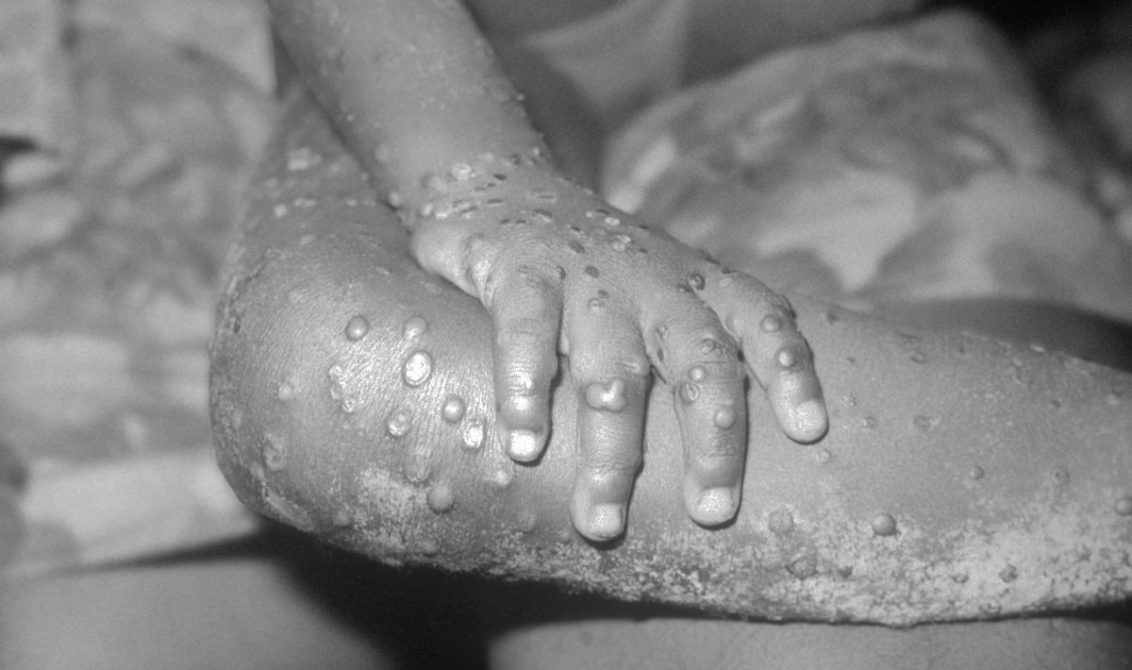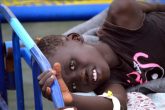
It appears that there is a small monkeypox outbreak in Nigeria. While there’s a reason to be concerned, it’s important to note that most cases so far are “suspected” cases. Of 21 cases tested so far, 3 are confirmed to be monkeypox virus, 16 suspected cases are negative and 2 are awaiting final test results.
Knowing as much as possible about the disease and how to prevent it is the best way to protect yourself and your family.

Monkeypox is rare, an infectious disease that spreads to humans through contact with infected wild animals. Initially discovered in monkeys, human infection with the monkeypox virus was first seen in 1970 in Central Africa and then later in West Africa, a different strain of the monkeypox virus caused an outbreak. Fortunately, the virus doesn’t spread easily from person to person.
Similar to smallpox in symptoms but less severe, it causes death in 1 to 10% of infected people, mostly in children. Dr. Ihekweazu, the national coordinator, Nigeria Centre for Disease Control, NCDC said that no deaths have been recorded so far in the suspected outbreak in Nigeria.
How does Monkeypox spread?
Infection occurs in a variety of ways:
- Direct contact with the blood, bodily fluids, or monkeypox skin rash of infected animals
- Handling infected bush meat such as monkeys, giant rats, squirrels
- Contact with inadequately cooked meat of infected animals
Person-to-person spread only happens from prolonged contact with the blood, skin bumps or bodily fluids of an infected person. Household contacts are therefore most at risk. A pregnant woman who is infected can also transmit it to the unborn baby through the placenta.
Some things you should know about Monkeypox
- The West Africa monkeypox virus is less contagious than the Congo monkeypox virus. It doesn’t commonly cause death
- Symptoms include fever, severe headache, swelling of the lymph nodes, back pain, muscle ache and low energy
- A skin rash appears within 1-3 days after fever starts, often beginning on the face and then spreading to other parts the body – including palms of the hands and soles of the feet
- It takes about 3 weeks from when the rash begins until it finally clears
- There is no treatment or vaccine available for monkeypox infection. If you received smallpox vaccination as a child, it prevents monkeypox as well

To protect yourself from Monkeypox:
- Wash your hands frequently with soap and water or use an alcohol-based hand sanitizer.
- Do NOT touch the blood or body fluids of sick people.
- Do NOT handle things that may have come in contact with blood or body fluids of a sick person, like clothes, bedding, needles, or medical equipment.
- Avoid close physical contact with an infected person.
- Wear gloves and use protective equipment when taking care of ill people.
- Do NOT handle raw bush meat without gloves
- Cook bush meat thoroughly before eating or handling.
If you’re a healthcare worker, prevent the spread of monkeypox by wearing protective equipment when you’re in contact with suspected cases.
There’s no need to panic! Staying calm and following the preventive guidelines above should protect you and your family from monkeypox.
Toju Chike-Obi, MD

